By Don Kissinger, DNR Urban Forestry Coordinator based in Wausau, Don.Kissinger@wisconsin.gov or 715-348-5746
In 2018, I had been covering the Northwest part of the state for three years due to a vacancy and saw first-hand a lack of proactive community forestry management in some areas, but also a lot of potential.
To help kick-start new urban forestry programs in the region, I proposed that the Wisconsin Department of Natural Resources (DNR) use some of our US Forest Service funding to contract an urban forestry consultant to work one-on-one with selected communities. The consultant would meet with community staff, collect tree inventory data and develop individual operations plans.
The selected communities would then agree to apply for our 50-50 matching Startup Grants to implement the developed plan. A similar strategy (minus the startup grant commitment) had worked well in southern Wisconsin in 2012: out of five selected communities (Adams, Elroy, Hillsboro, Mauston and Necedah), four have become Tree City USA communities, three have had staff complete the Community Tree Management Institute (CTMI) and one has hired a full-time forester responsible for their community’s street, park, and cemetery trees.
Continue reading “Four Communities Kick-Start Urban Forestry Programs With DNR Assistance” →
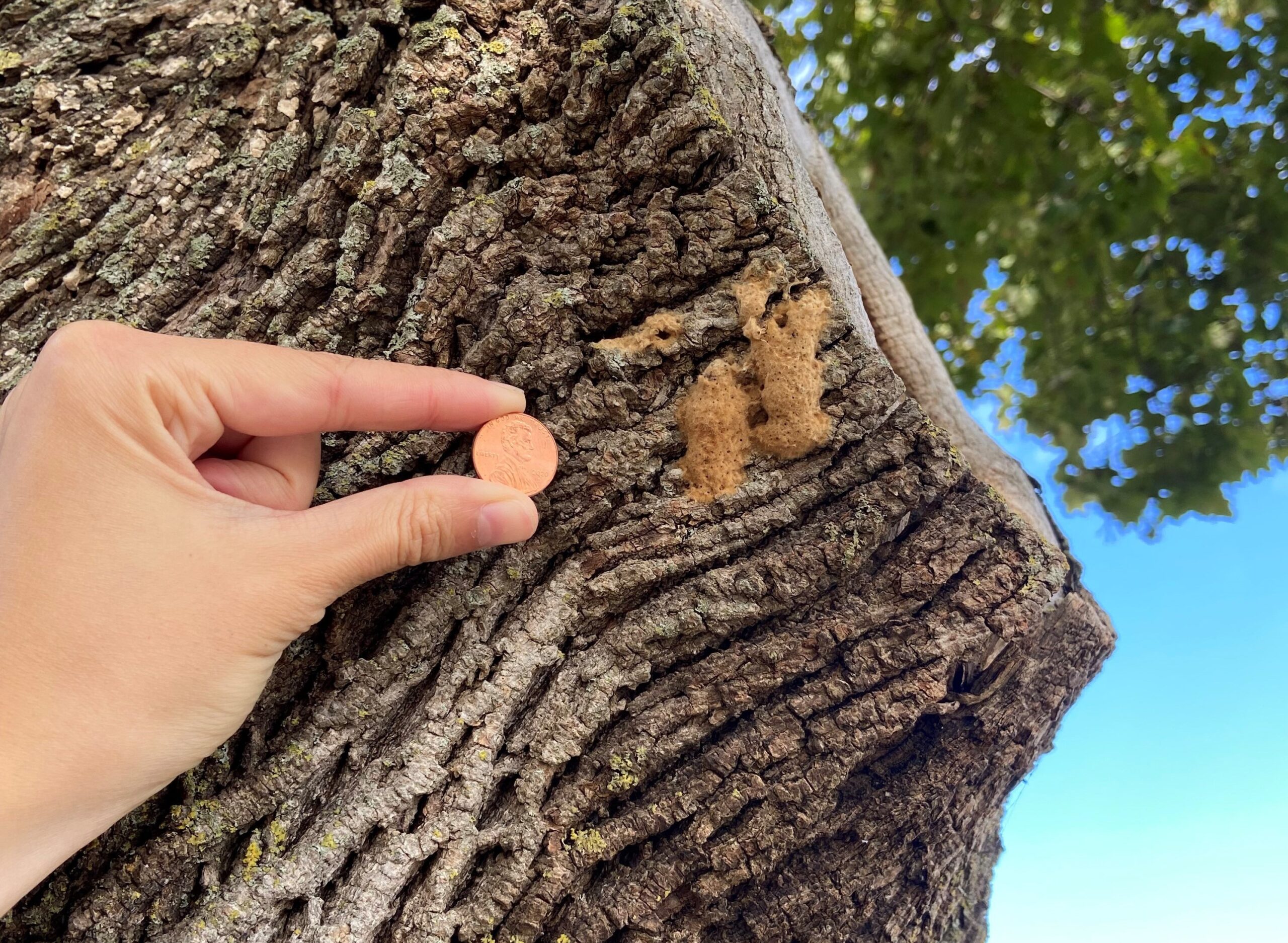

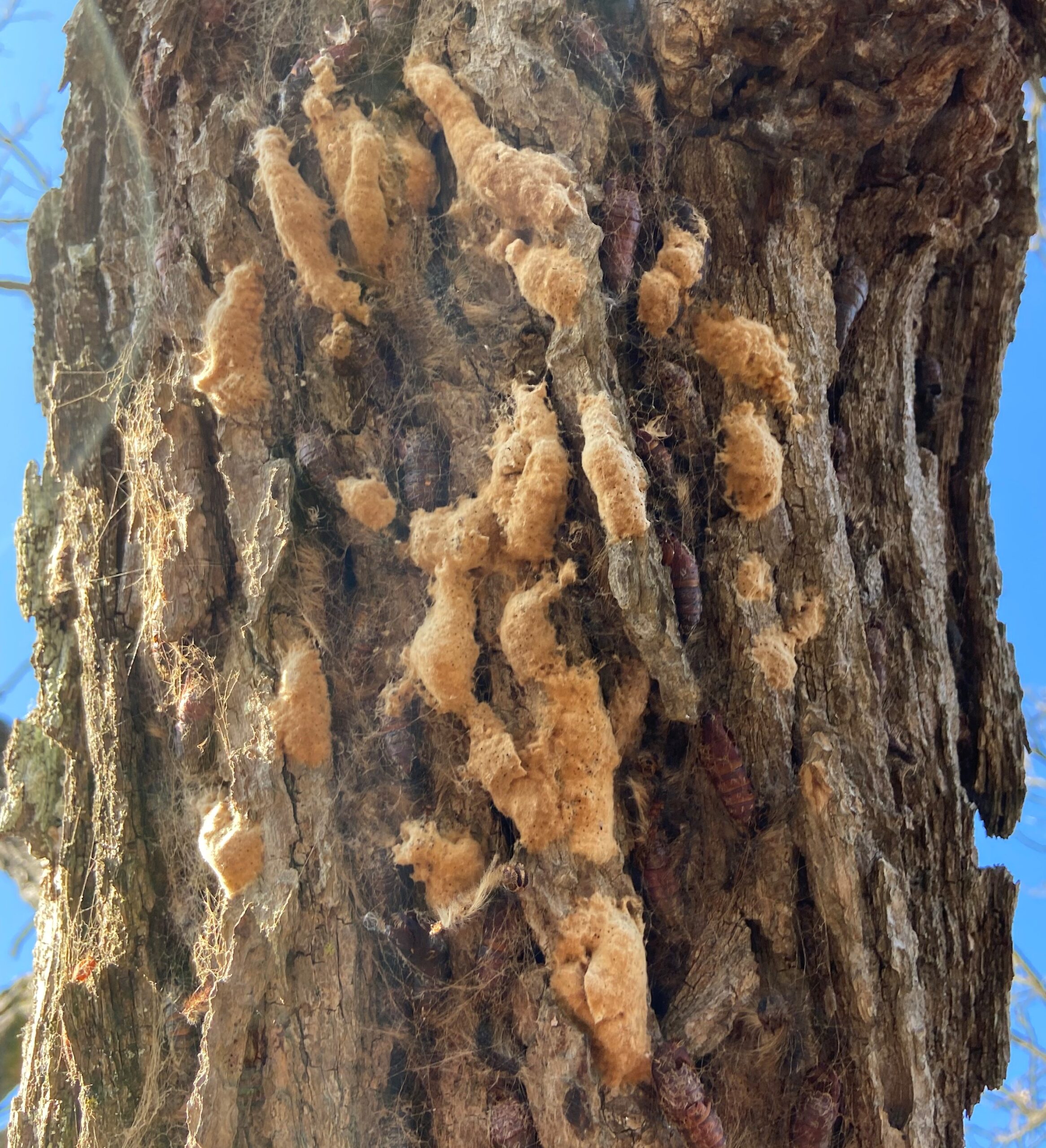
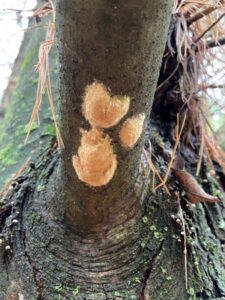
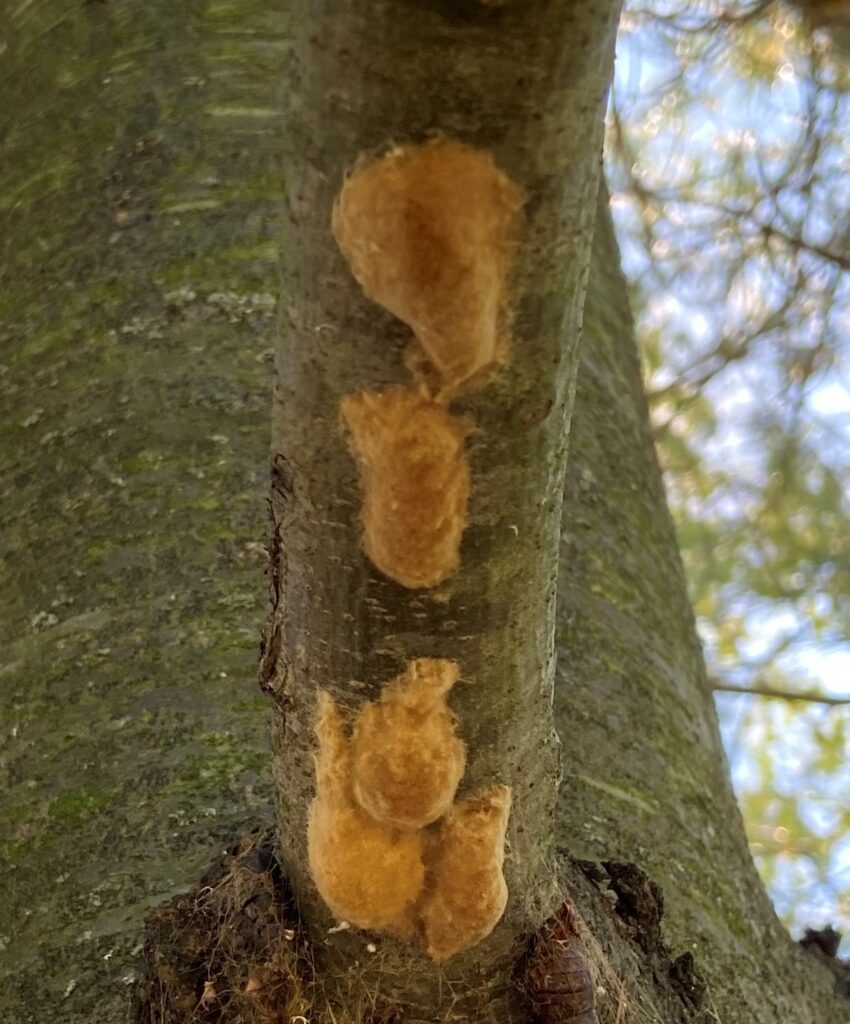
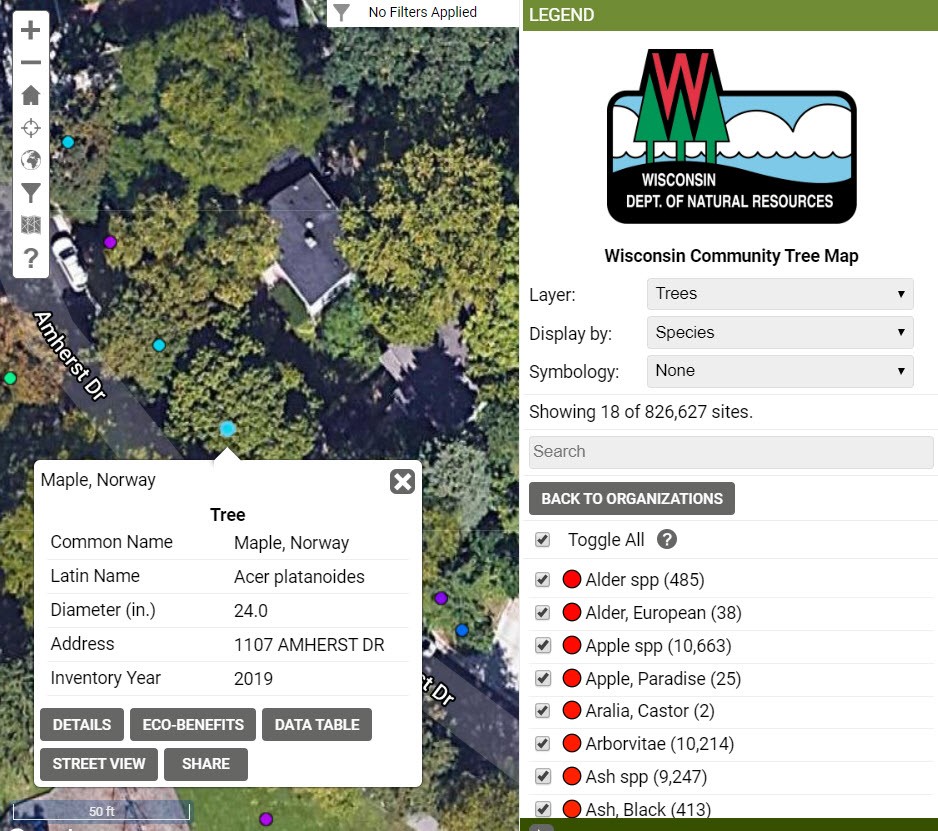 Do you have a tree inventory but have had a hard time keeping it current, or you’re interested in inventorying some trees of your own? The Wisconsin Department of Natural Resources (DNR) is funding several accounts for communities or organizations to edit data within the
Do you have a tree inventory but have had a hard time keeping it current, or you’re interested in inventorying some trees of your own? The Wisconsin Department of Natural Resources (DNR) is funding several accounts for communities or organizations to edit data within the 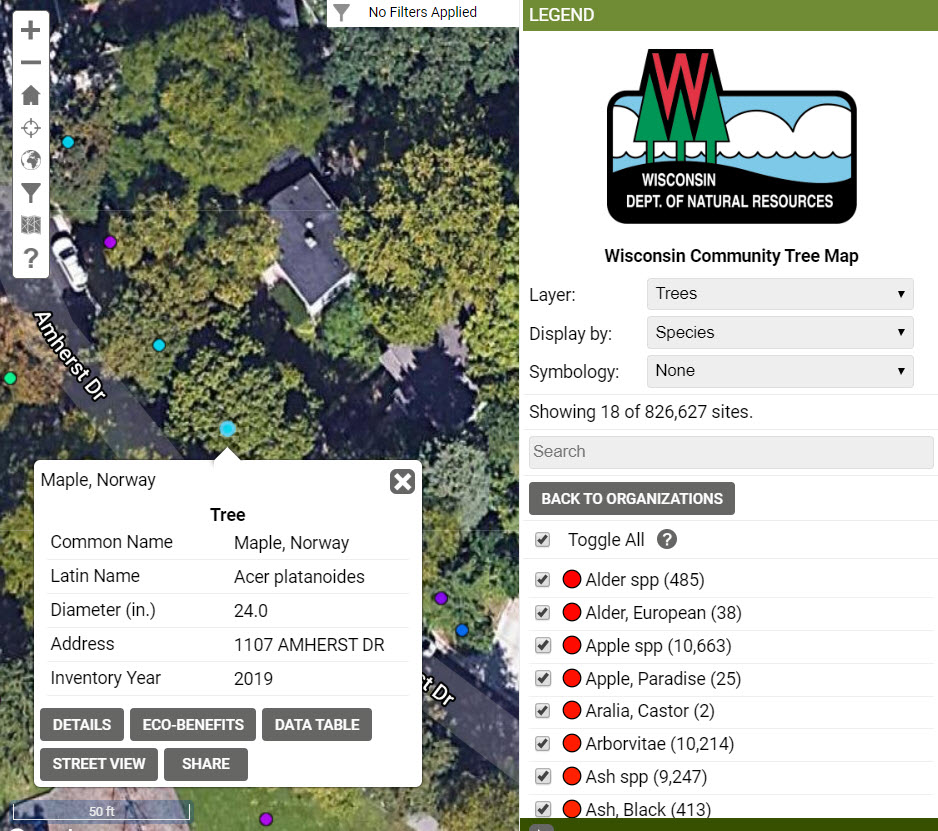
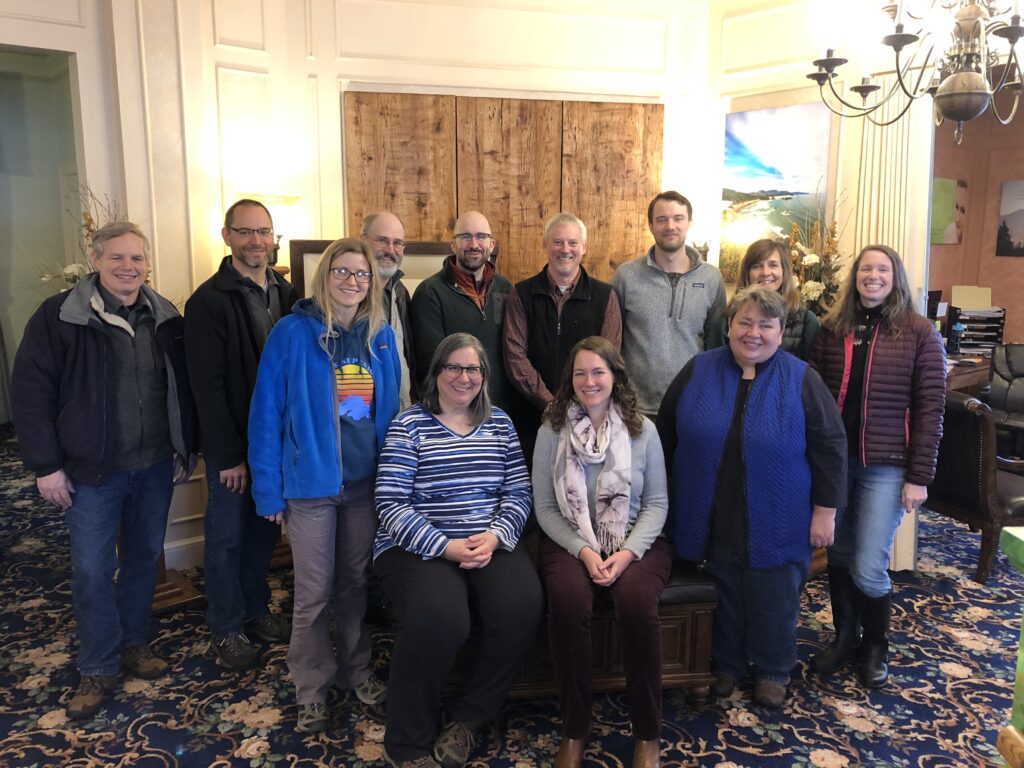 Wisconsin’s urban forests provide a wide range of ecological, economic and social benefits. Urban areas contain nearly 27 million trees with an estimated total replacement value of almost $11 billion. Many don’t realize all the services urban forests provide. They reduce air pollution, mitigate storm water runoff, conserve energy, provide wildlife habitat, increase property values, and attract businesses, tourists and residents. They even improve public health and well-being. The Wisconsin DNR’s Urban Forestry Team seeks to maximize these benefits derived from our state’s community tree canopies.
Wisconsin’s urban forests provide a wide range of ecological, economic and social benefits. Urban areas contain nearly 27 million trees with an estimated total replacement value of almost $11 billion. Many don’t realize all the services urban forests provide. They reduce air pollution, mitigate storm water runoff, conserve energy, provide wildlife habitat, increase property values, and attract businesses, tourists and residents. They even improve public health and well-being. The Wisconsin DNR’s Urban Forestry Team seeks to maximize these benefits derived from our state’s community tree canopies. 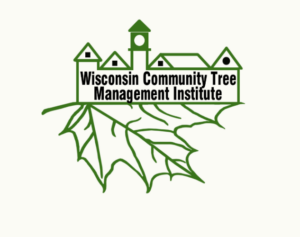 After much deliberation, WI DNR Urban Forestry has decided to postpone the Community Tree Management Institute (CTMI) for one year. The health and safety of others is paramount. Due to the pandemic, it’s just not feasible to come together in person for this training. Group interaction and networking are an integral part of the CTMI experience, so we will look forward to coming together in the fall of 2021 with the start of the next CTMI class (exact dates to be determined).
After much deliberation, WI DNR Urban Forestry has decided to postpone the Community Tree Management Institute (CTMI) for one year. The health and safety of others is paramount. Due to the pandemic, it’s just not feasible to come together in person for this training. Group interaction and networking are an integral part of the CTMI experience, so we will look forward to coming together in the fall of 2021 with the start of the next CTMI class (exact dates to be determined).